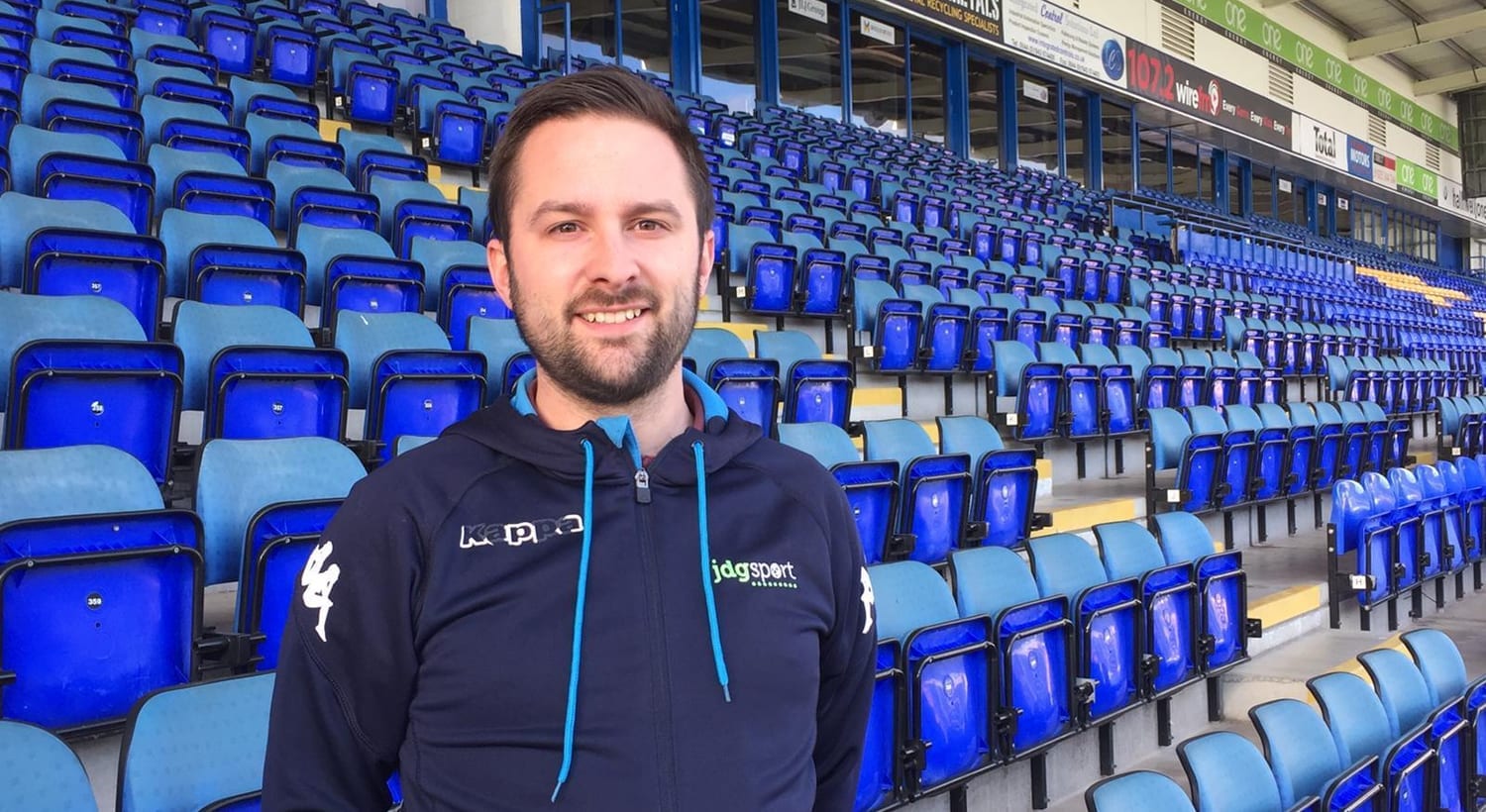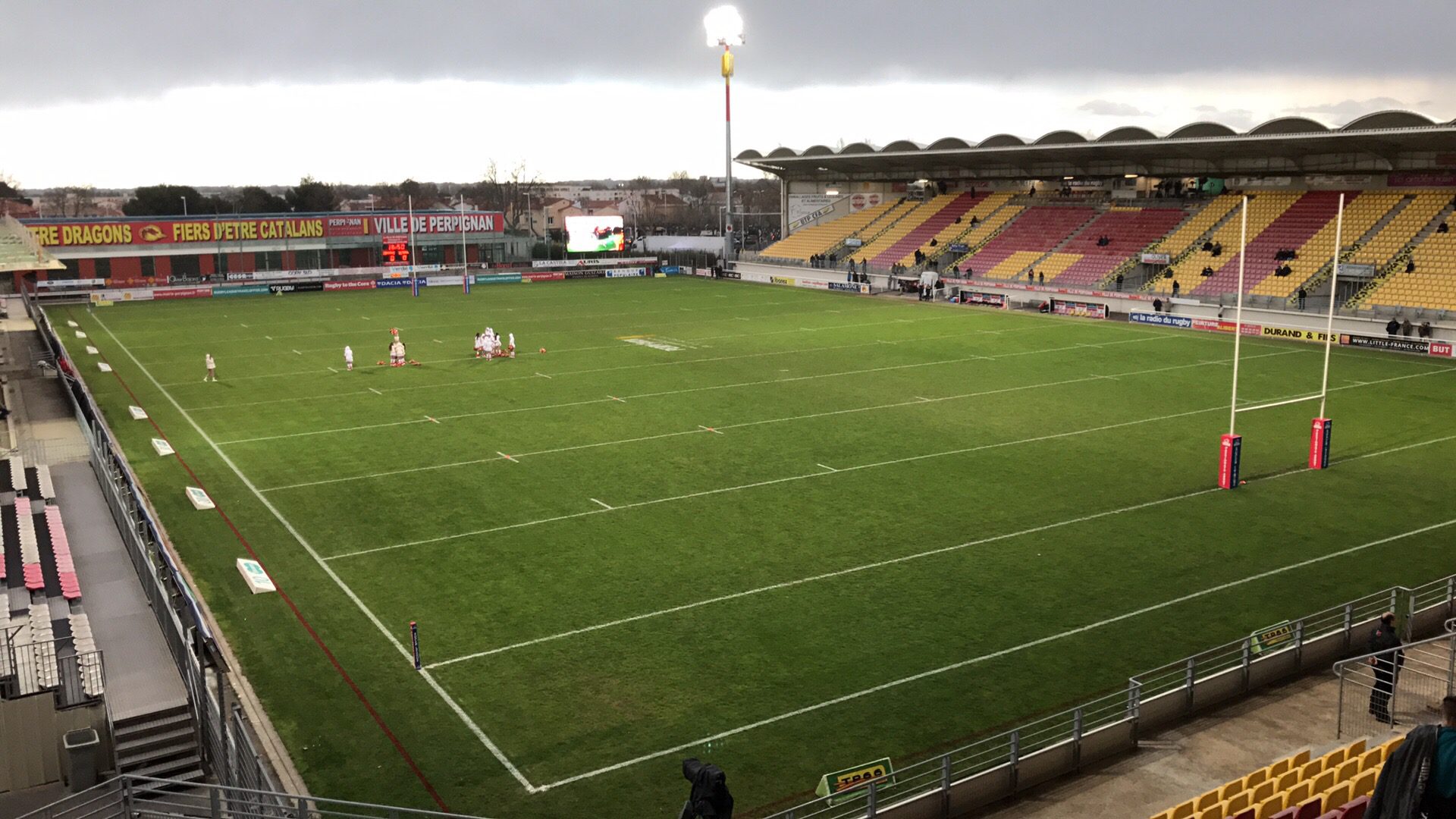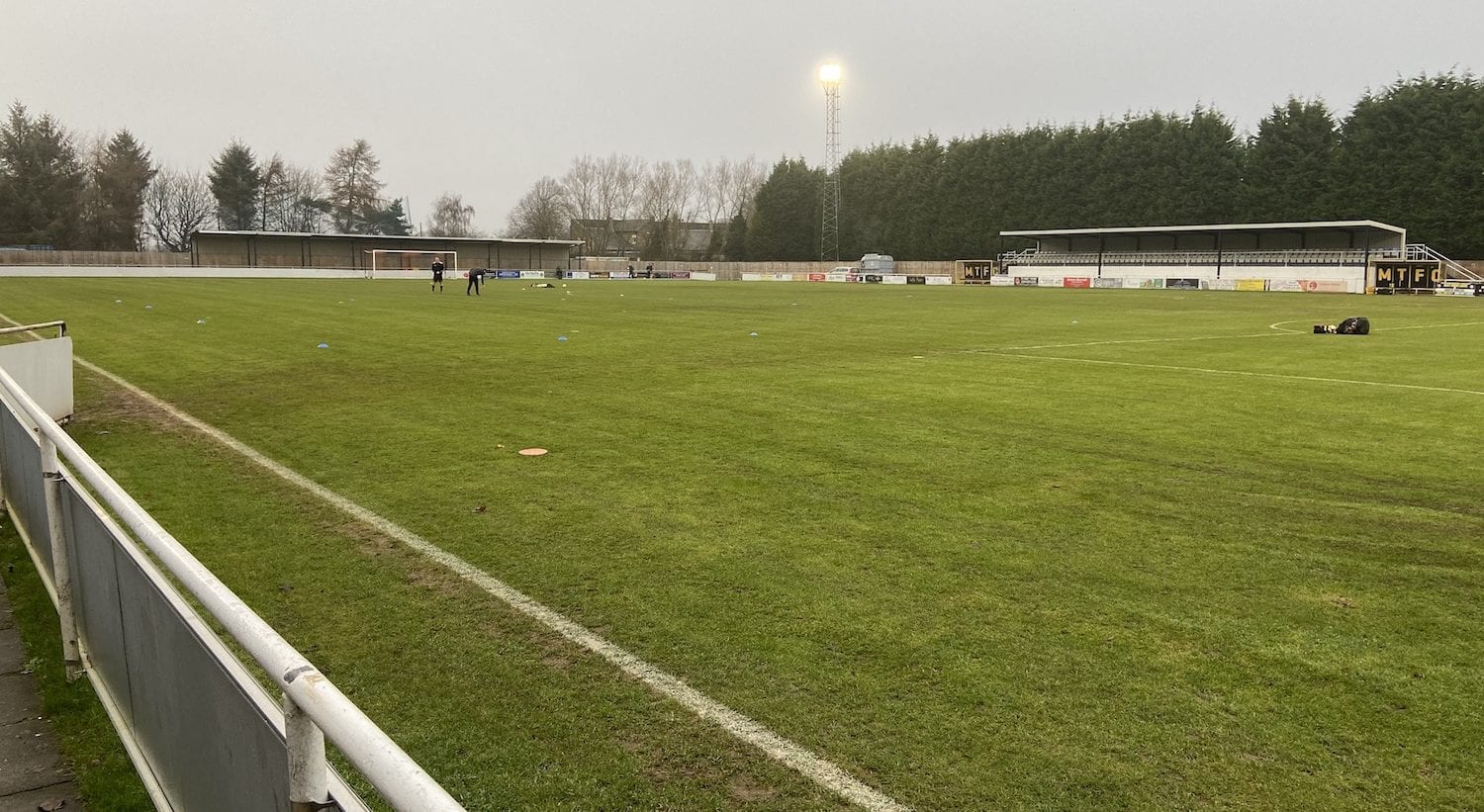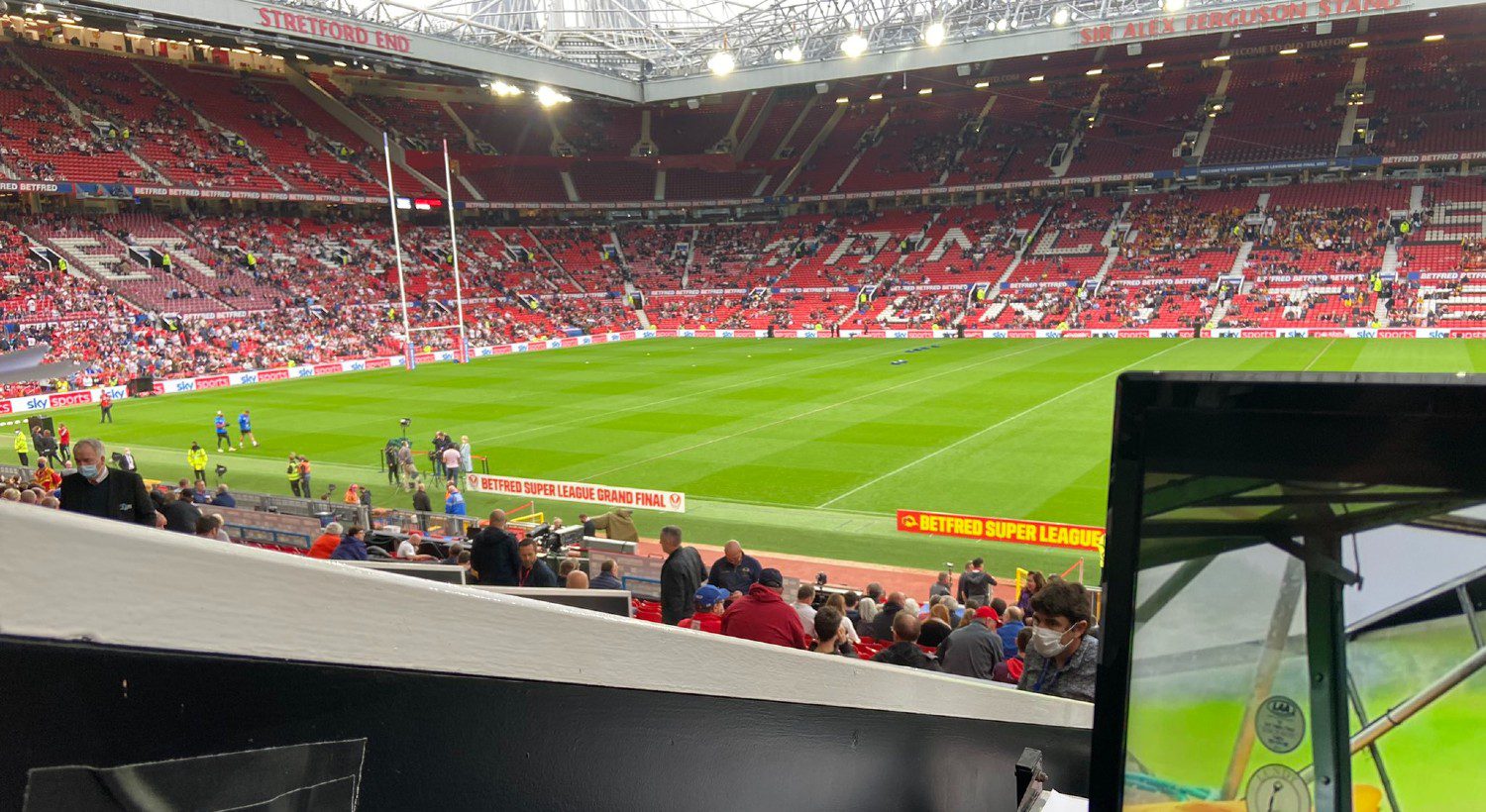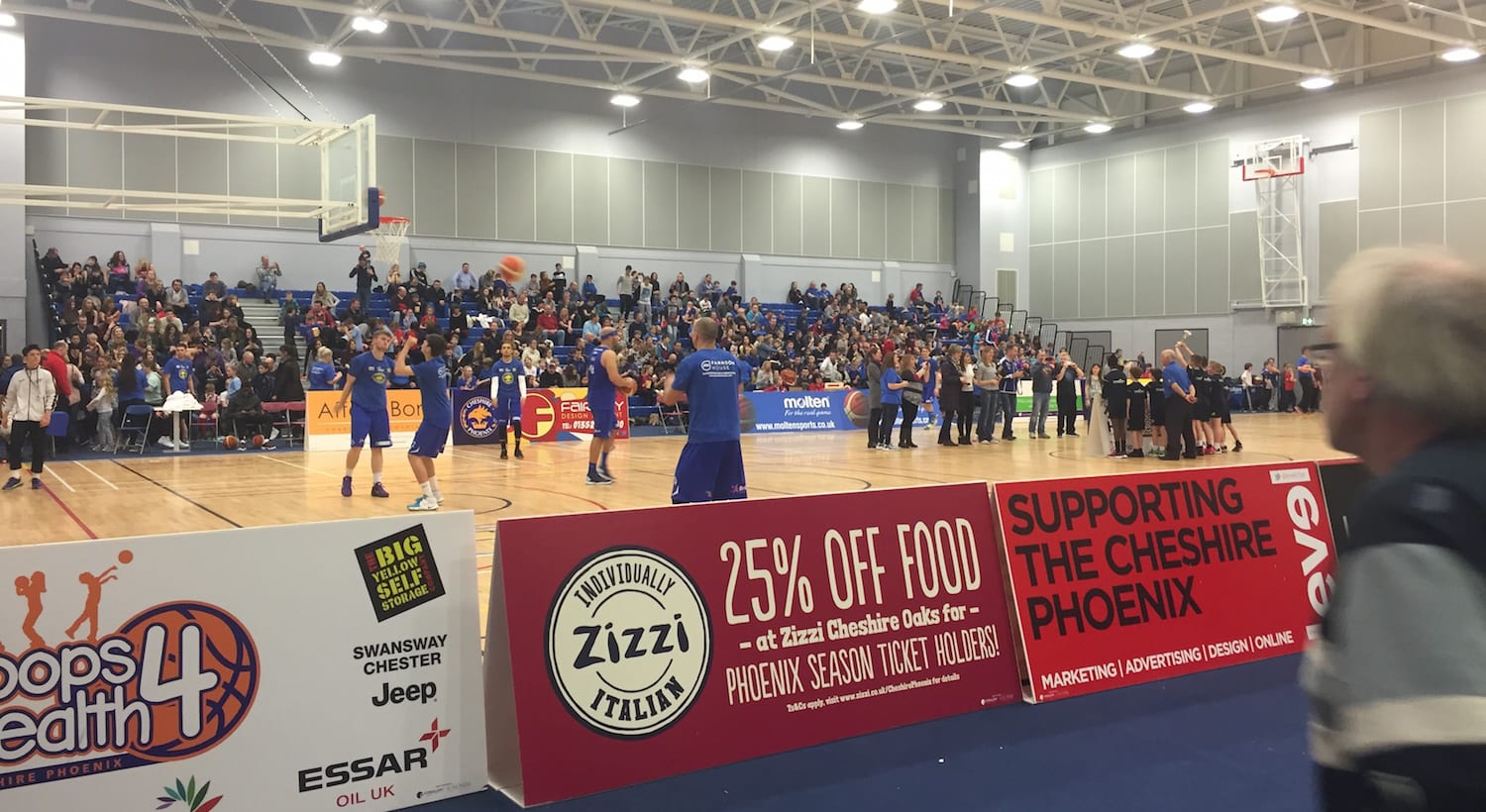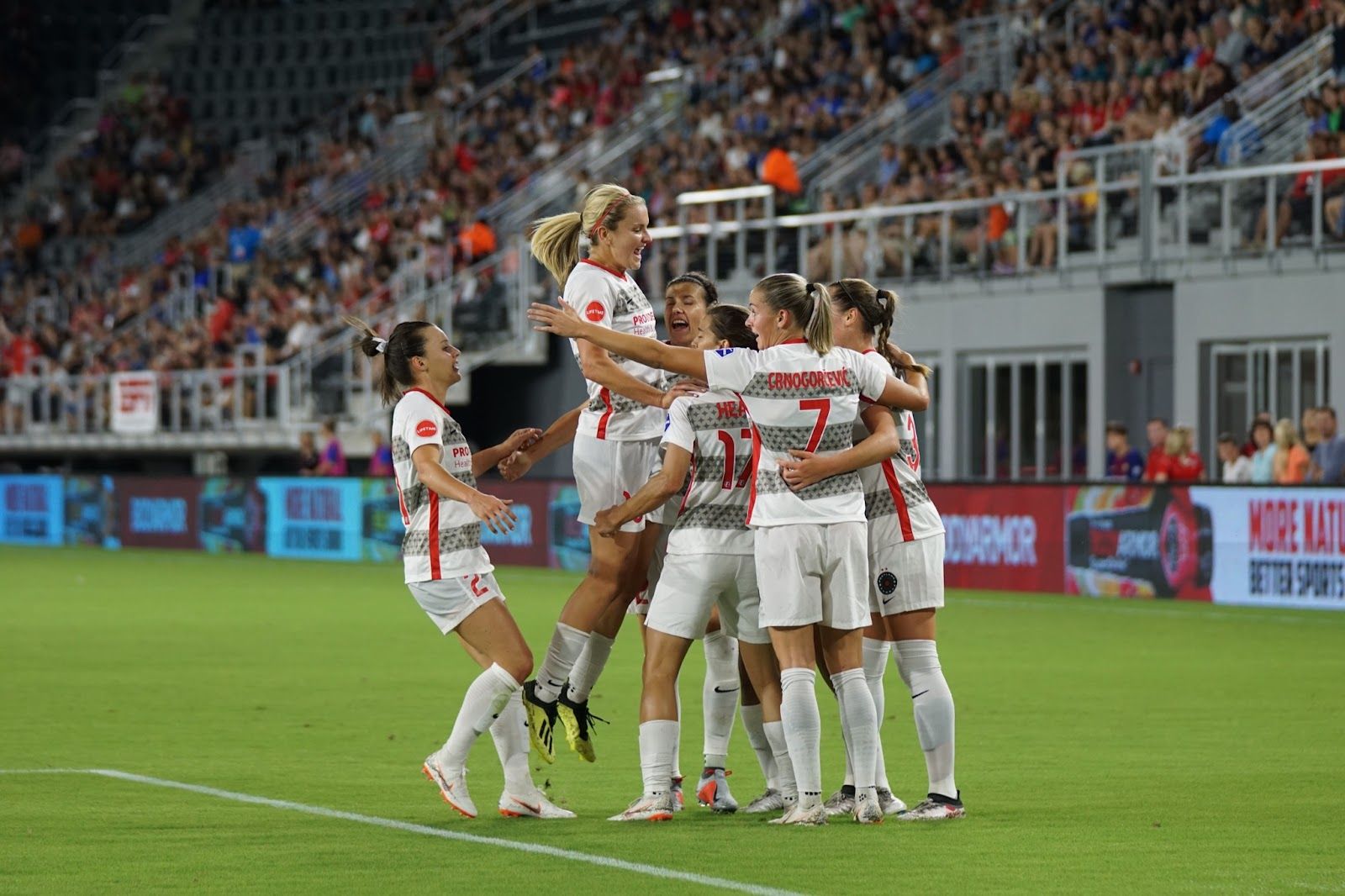In the Dugout is back! Every week, we interview someone from the sports media, marketing and social media industry to find out a bit more about them, what they do and their sporting loves.
Today’s guest is Adam Louden, Digital Marketing Executive at Performa Sports. Performa is a Performance Analysis software used to help coaches review and analyse matchday information. In an age when performance analysis is becoming more important, Adam and the rest of the team at Performa Sports are always looking at new ways to engage with relevant audiences.
I spoke with Adam to discuss where the industry is heading, how he became involved in the sector and how important performance analysis software can be in a variety of sports.
If you want to be featured, drop us an email at hello@jdgsport.com.
What is your earliest sporting memory?
My earliest sporting memory is my dad taking me to watch Saturday morning football for our local boys youth club and asking me if I wanted to join in. I jumped at the chance and have loved all sports ever since. I don’t remember if I liked sports before that so I see that as the turning point.
Since you began working in the sports industry, how important of a tool has social media and technology in general become?
It’s incredibly an incredibly important tool. People now are so used to having information available or fed to them at the touch of a button on their phone, tablet or laptop. The sports industry is no different and it’s important that organisations working in a sports environment continue to leverage social media and technology to report to inform and entertain their audience. Sports clubs can engage with their community more regularly and at a more personal level allowing their audience to not just grow but also become more invested. From a sports marketing perspective we have the ability to reach very targeted audiences locally and across the globe through digital marketing channels. The ability to report, refine and adapt rapidly based on our findings to get a better return on investment means that social media and technology has never been more important for marketers.
Can you expand a little bit about your role at Performa Sports and what service the business provides?

My role at Performa Sports encompasses all field of marketing, in particular digital marketing. In short, I’m responsible for engaging with current, past and potential users. This involves lots of different things but one of the most important is ensuring that our content is relevant, promoted on the correct channels, to the correct audience and then measuring the success of our efforts to see what works and what doesn’t. It’s an exciting role that helps me blend my passion for sport with my passion for marketing.
Performa Sports is an iPad based Performance Analysis software. It allows coaches to review stats and match information live as the game is being played. This can then be linked to video for fast and effective video analysis. Performa Sports also has a linked cloud platform that can allow coaches to share that video and match statistics online with players meaning that contact time in increased between coach/player but also players start to take on some of the responsibility for their own individual and team performance.
How important is data analysis in the modern age of sport?
For me personally, I believe that data analysis is and will continue to become more significant in modern sport. Everyone sports team is looking for their competitive edge and by being able to qualify areas for improvement or success based on evidence means that coaches are not just working subjectively, these are facts and can be used to show the players and help them understand and buy in to short and long terms plans. Added to that the competitor analysis meaning coaches and players can now be highly aware of opposition trends or areas they are weak to help formulate strategies that may help them win. As sport becomes more high stakes and more competitive the margins for error become so small, the facts are if you aren’t doing performance analysis, you’re not doing as much as you could.
Do you think it is telling that so many sports teams have dedicated full-time analysts focusing on the figures behind the performance?
Yes, as previously mentioned with high performance sport you have to make sure you are doing as much as possible to ensure you have relevant and correct data. I don’t see a big difference between a football team and a business, if you had a team of sales men out selling and they had an objective they were all working towards but 2 or 3 weren’t pulling their weight you would replace them, likewise the successful sellers would be rewarded. The same applies with a sports team, data analysts can provide factual data that can be used to offer objective feedback and mixed with the subjective opinion of the coaching staff organisations can ensure they have the team that is most likely to succeed working together.
Did you have any sporting heroes growing up? If so, who were they and why?
I absolutely idolised Gianfranco Zola from Chelsea FC, he was so skilful and I was lucky enough to meet him around the age of 14, he was a complete gent so that just made me idolise him more. I also loved watching David Humphries play for Ulster Rugby. I can still remember vividly, standing at the old Landsdowne Road watch them lift the European Cup. More recently I look at the likes of Pep Gaurdiola, Jurgen Klopp and Jose Mourinho
What was it that first made you fall into the business of data analysis?
To be honest it was a lot of luck, I was looking for a new job and saw that Performa Sports were hiring for a Digital Marketing Executive, I threw my name in that hat and haven’t looked back. I guess I was lucky as I come from a coaching background so I had a basic understanding of performance analysis which I think helped me in the interview process. Jobs in sport aren’t necessarily easy to find over here so I jumped at the opportunity when it came along.
For a typical football team, what would you say are the main key performance indicators that coaches tend to focus on?

There are a variety of ways to measure performance during games and training, including these GPS-enabled vests which track movement
This is a question I actually get asked a lot and not just in football terms, from all sports. My answer is always the same KPIs have to be SMART (Specific, Measurable, Achievable, Realistic and Timely). They must be specific to your teams style of play and I believe they should relate back to what you do in training. At a basic level it should be a cycle of Performance, Analysis, Feedback, Practice. We always discuss measurable with teams we work on data should take the subjectivity out of feedback so things like ”good play” or “bad pass” ultimately are opinion so try to always focus on what is measurable. Achievable and Realistic go hand in hand e.g. don’t set targets for something which is not consistently achievable. If your team is averaging 5 shots on target a game, don’t set a target of 15 because players will recognise they are unachievable. Data is not the big stick to beat your players with when goals aren’t achieved so if you set unachievable and unrealistic goals players are going to start becoming uninterested in the feedback you’re providing. Finally, timely; look at stats in isolation, across a period of time and ensure they are feedback within an appropriate time period. Feedback only what important and changeable live then the rest can be fed back appropriately at later stage while players are still emotionally attached to the performance.
When you aren’t working, what are your main sporting passions?

My main sporting passion is hockey. I currently coach at a range of levels from club and provincial to international, so I get really good exposure to different personalities and environments. I love helping people get better. I get as big a buzz when I get a thank you as I do when I lift a trophy. Outside of that I follow Chelsea FC and love getting over to The Bridge with my other half who is now by default a Chelsea fan too!
How prevalent can you see data and performance analysis software becoming in the next 10-15 years?
The next 10/15 years will be instrumental in a changing tide. I believe data and performance analysis is now where sports science was 10 years ago. As the tech generation grow into coaching roles they will look more and more to technology as an aide, as that is their natural instinct. I’ve already seen a growing trend in the players I coach looking for information to be fed back to them at a faster rate and via relevant accessible channels. They don’t want to wait days, they are used to having instant information access and as coaches or analysts it will become more and more our remit to ensure that we can fulfil that need, as ultimately that will hopefully aide player/team development and that should always be the goal.


